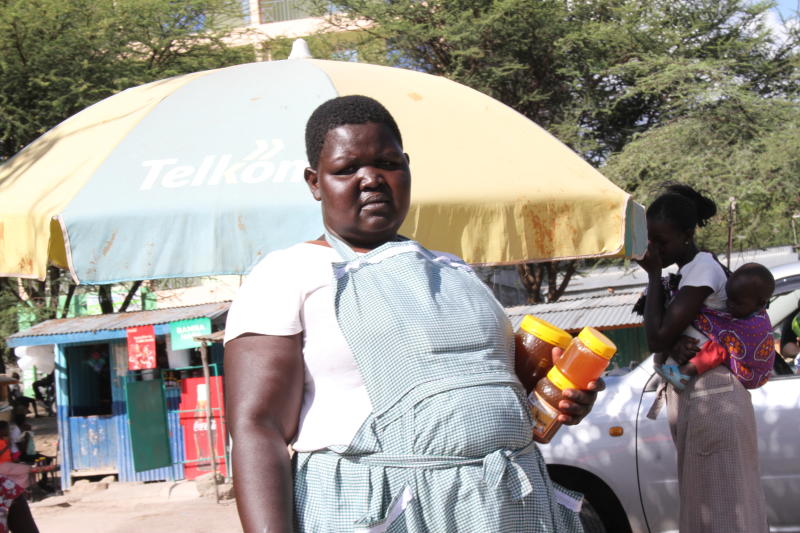×
The Standard e-Paper
Home To Bold Columnists

As a car approaches, they assume the posture of athletes at the starting blocks, except they don’t wait for the firing shot.
As it draws near, they dash onto the road risking limb and life, oblivious of the dangers that could pose. It is survival of the fittest.







